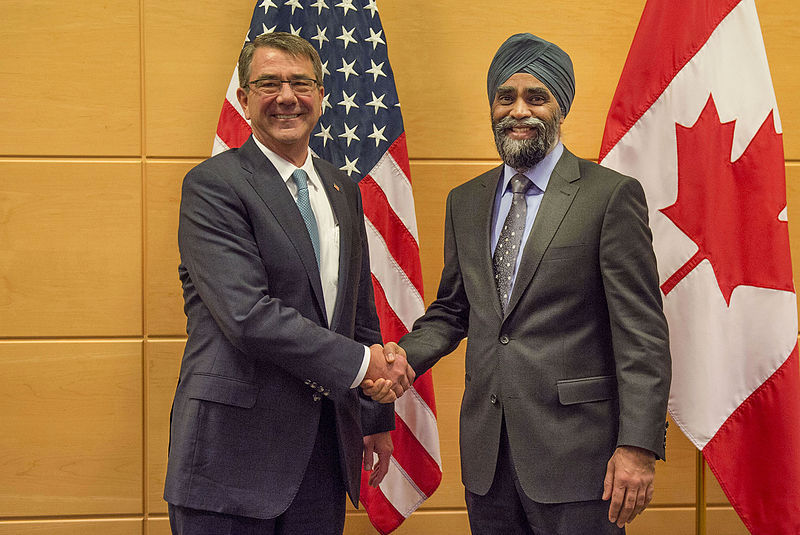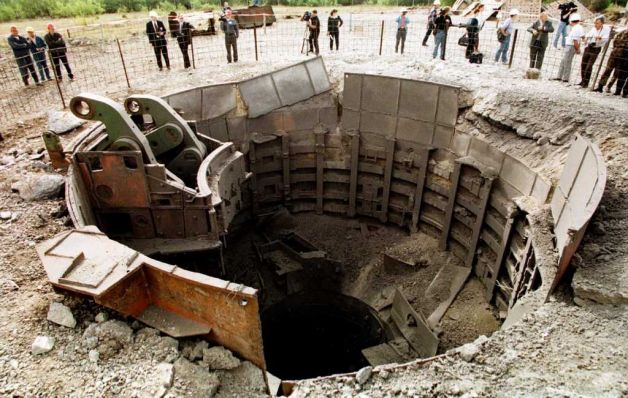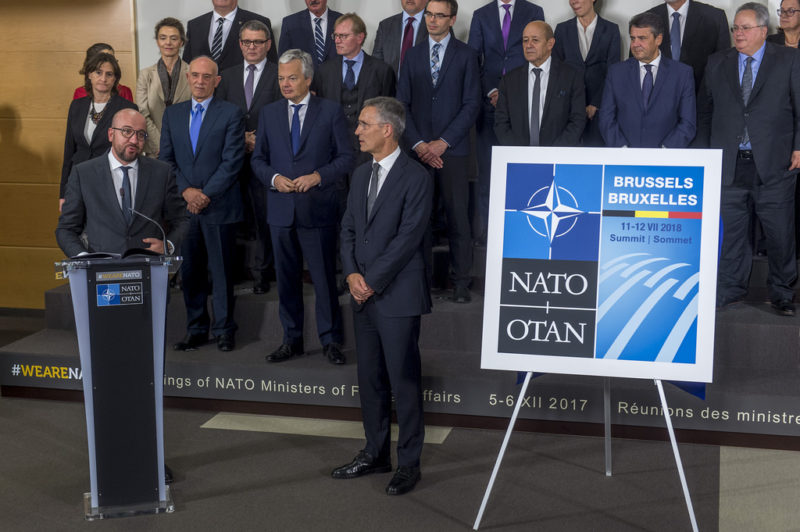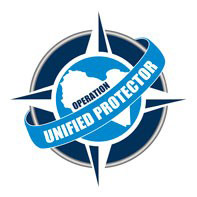On May 20, 2016, the Minister of National Defence, Harjit Sajjan, hosted a defence policy review meeting with a variety of military experts, academics and other stakeholders in Toronto. These roundtable discussions are part of a public consultation taking place across Canada to help shape the future defence policy of Canada. Future roundtable meetings are to be held on later dates in locations such as Yellowknife, Edmonton, Montreal and Halifax. Participants provide short statements beforehand, to guide the focus of the meeting and the Canadian public is encouraged to submit its own interests online. The discussions will be emphasizing a few key issues: (a) the main challenges to Canada’s security, (b) the role of the Canadian Armed Forces (CAF) in addressing current threats and challenges, and (c) the resources and capabilities needed to carry out the CAF mandate.
Minister Sajjan’s defence review is not limited to national borders. He also traveled to the U.S. to meet with Secretary of Defense Ash Carter and the Chairman of the U.S. Senate Armed Services Committee, Senator John McCain. Minister Sajjan has also participated in a discussion on their military amendments with the Atlantic Council of the US. Furthermore, a Defence Ministers Meeting is to be held at the NATO Brussels headquarters in June, where Minister Sajjan will have an opportunity to update the member nations on Canada’s renewed values and motivation.
If it abides by Trudeau’s Liberal campaign promises, the Canadian government will be contributing through humanitarian aid and providing training support to regions in need of securitization. For instance, the Liberal government is not likely to spend a large amount on fortifying a strong offensive military. On the contrary, the current government has been and will most likely continue to fund military equipment that is considered defensive and helpful to international intelligence and transportation operations. The new government campaigned on scaling back Harper’s promise of purchasing F-35s to replace the existing 80 CF-18 Hornets for approximately $65 billion, stating, “The primary mission of our fighter aircraft should remain the defence of North America, not stealth first-strike capability.” In addition, the Liberals have promised, “icebreakers, supply ships, arctic and offshore patrol ships, surface combatants, and other resources by the Navy”. Prioritizing the Navy outlines the current government’s motivation to fortify the Navy as the leading branch of the military in humanitarian international operations.
Showing the DND’s renewed commitment by responding to international threats, Minister Sajjan pronounced Canada’s expanding contribution to multinational efforts to defeat ISIL. As part of Operation IMPACT and promoting security in Iraq, Canada will be sending three CH-146 Griffon helicopters, 830 CAF training members and building an all source intelligence center.
Sajjan’s feedback on the first roundtable meeting was positive noting that, “these discussions regarding key issues being examined as part of Canada’s Defence Policy Review… are essential to help successfully build a defence policy that represents Canadian values”. This is part of the Fair and Open Government section of the 2015 Liberal campaign platform, which promised to promote an open and transparent government that gives Canadians a voice in Ottawa. Encouraging the submission of ideas from experts and the Canadian public strongly reinforces their campaign promise of creating a government that fairly represents the population. These submissions are crucial to military experts and Minister Sajjan who would be able to formulate a policy that reflects the values of Canadians. With over 7 200 submissions, all Canadians are still encouraged to participate in the consultation process online until July 31, 2016. It is crucial, as dutiful Canadian citizens, to help shape the national defence policy that we deem necessary to represent us on the international level.
Secretary of Defense Ash Carter greets Canadian Minister of Defense Harjit Sajjan as they meet at NATO headquarters in Brussels, Belgium to discuss matters of mutual importance Feb. 10, 2016. Picture by Ash Carter via Flickr. (CC BY 2.0)
Disclaimer: Any views or opinions expressed in articles are solely those of the authors and do not necessarily represent the views of the NATO Association of Canada.




